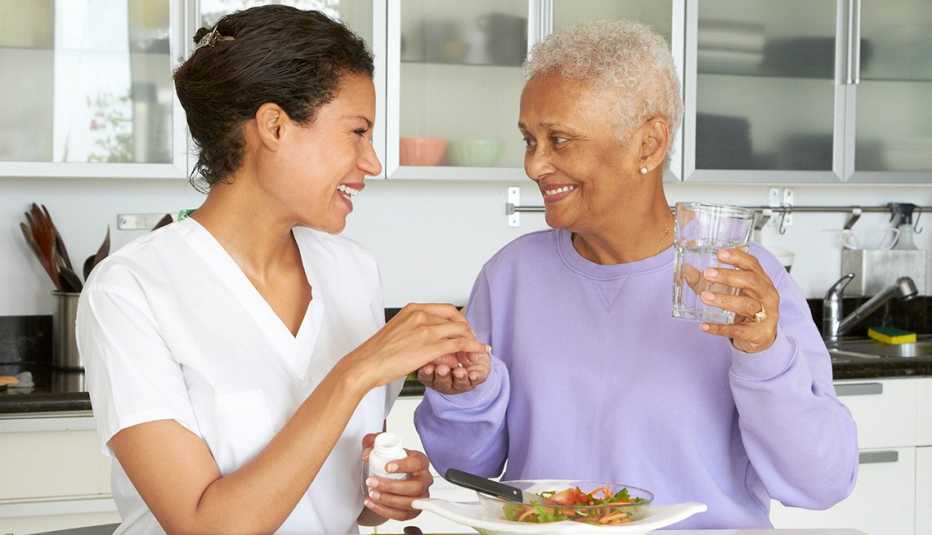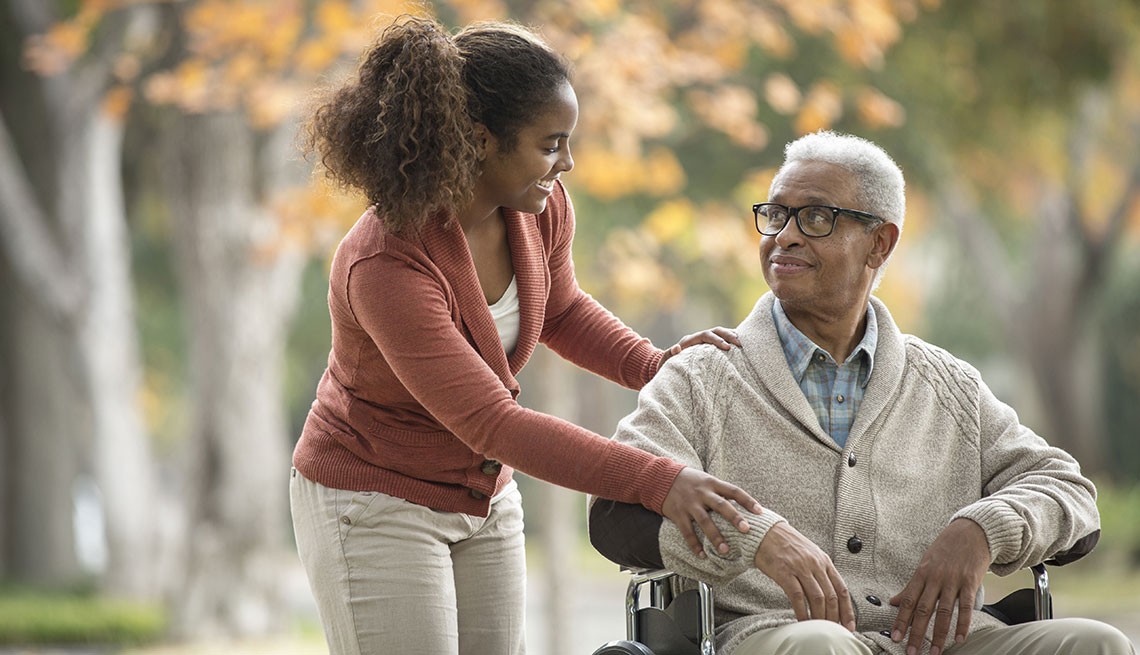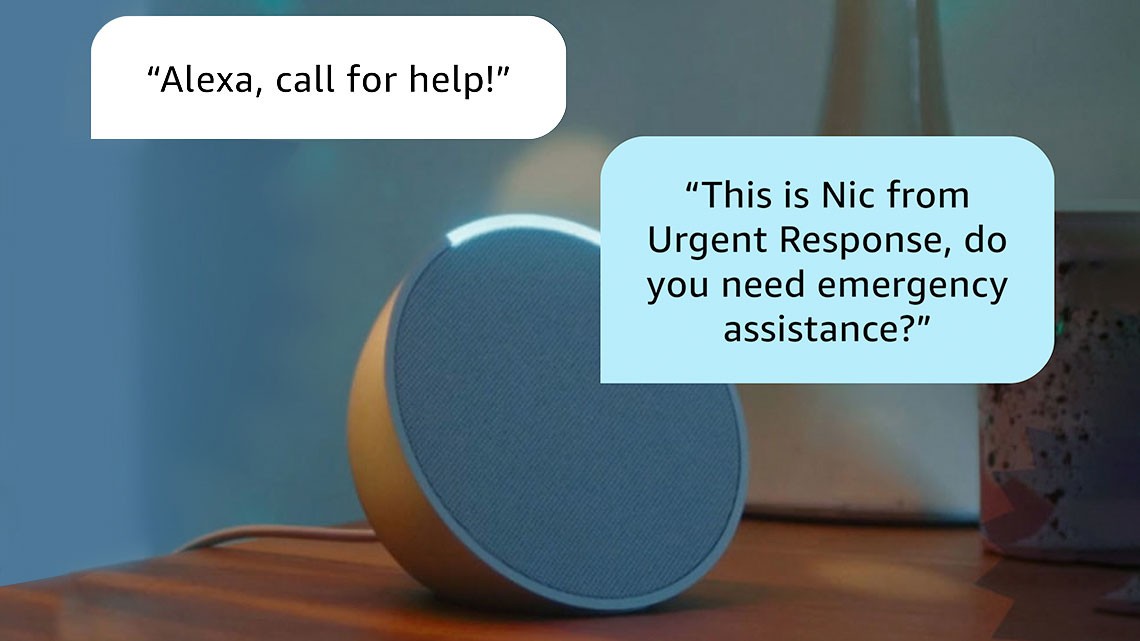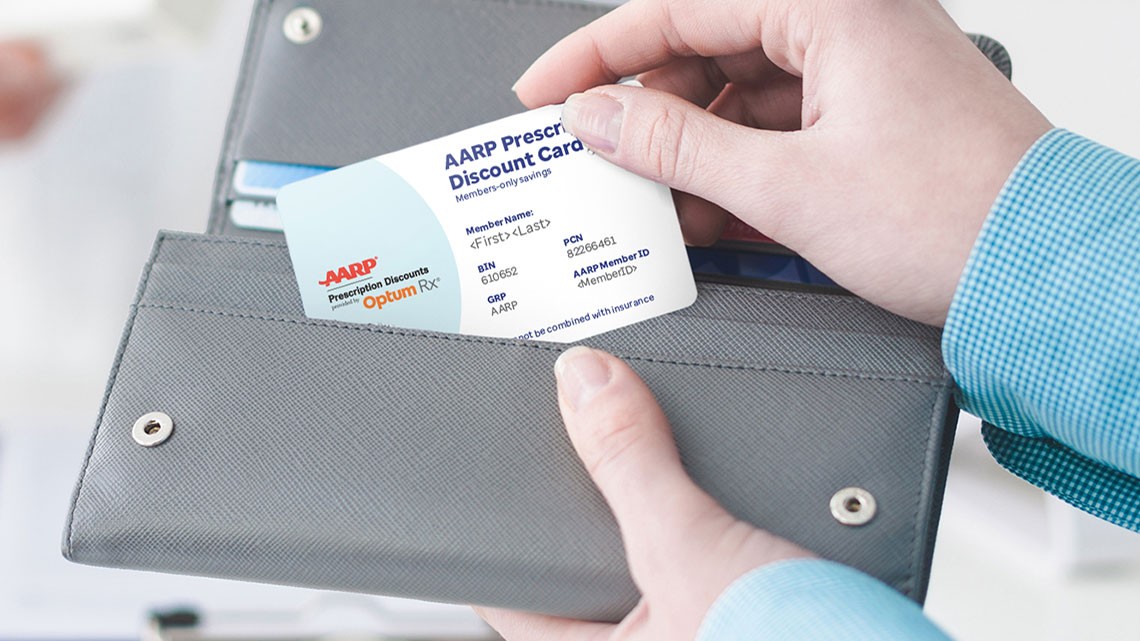Staying Fit


If you have a parent or spouse nearing retirement age, chances are good that at some point you’ll be in the market for home health care.
Most Americans can expect to need some help as they age, and more than half of people (56 percent) turning 65 today are predicted to need significant long-term health services, according to a 2022 U.S. Department of Health and Human Services brief.


AARP Membership— $12 for your first year when you sign up for Automatic Renewal
Get instant access to members-only products and hundreds of discounts, a free second membership, and a subscription to AARP the Magazine.
When to begin searching for home care help
As your loved one ages, watch for these signs. The behavior may be obvious or subtle, but they signal that it's time to talk to him or her about their living situation:
- Changes in the condition of the home.
- Forgetting appointments.
- Driving unsafely.
- Looking disheveled.
- Forgetting things such as turning the stove off.
- Wandering away from home.
- Not eating regularly or nutritiously.
- Not being able to prepare simple meals.
- Not bathing regularly.
- Falling frequently or having difficulty walking without help.
You may get some pushback from your loved ones who say they don’t want or need assistance. While every situation is unique and everyone’s needs are different, if you feel your loved one is not safe without help you should discuss the options and allow the care recipient to determine what he or she is most comfortable doing.
Types of home health workers
People who provide paid care for older, ill or disabled people at home are often referred to generally as home health aides, but there are actually several classes of home health workers with varying duties and with levels of professional training requirements differing by state. They include:
Companion
- Provides companionship, meal preparation, light housekeeping.
- Does shopping and errands, escorts care recipient for doctor and other appointments.
- No certification or license required.
Personal Care Aide (PCA)
- Performs tasks of companion plus assistance with more involved personal care such as bathing, grooming and using the toilet.
- State requirements for training range from zero to 100 hours. Requirements for additional clinical hours vary. You can find the requirements for a PCA in your state here.
Home Health Aide (HHA)
- Checks vital signs (blood pressure, respiration rates, pulse).
- Observes recipient’s physical and mental health and reports on conditions to health care professionals such as a registered nurse.
- Some states require as little as little as 75 hours of training, 16 hours of supervised practical or clinical training and 12 hours of continuing education each year — others require as much as 180 hours of training and 70 hours of clinical work. You can check the requirements for a HHA in your state here.
Certified Nursing Assistant (CNA)
- Can perform certain medical procedures such as basic wound care, emptying catheter bags and measuring urine input and output.
- Some states require as little as 75 hours of training and 16 hours of clinical training and others require up to 180 hours of training and 100 hours of clinical training. You can search for the requirements for a CNA in your state here.
What is a home care aide?
If you are not able to meet your loved one's caregiving needs due to distance, job or family demands, or if you are experiencing symptoms of caregiver burnout, you may be considering hiring caregiving help, such as an aide.
Home health aides are considered health care paraprofessionals and must meet set training requirements, which vary widely from state to state. (Other types of home health workers are sometimes lumped together under the title of home health aides; see the box.)
Under federal law, home health aides must get at least 75 hours of training through a state-approved program, including at least 16 hours of hands on practical and clinical training and 12 hours of continuing education per each 12-month period.
Most states follow that standard, but some set a higher bar. Thirteen states require at least 100 hours of training and 11 states and the District of Columbia exceed the federal minimum and mandate at least 30 hours of clinical training.
According to PHI, a New York City-based nonprofit organization that works to improve direct-care services for older and disabled people, only six states and the District of Columbia meet or exceed the standard suggested by the National Academy of Medicine of 120 hours of training.
Helpers without special training such as certification or licensing are technically not home health aides. They are companions who can carry out routine tasks your loved one can no longer manage such as laundry, cooking, shopping, running errands and light housekeeping. They can also take your family member to the doctor and other appointments.
What do home health aides do?
Skilled home health aides should be able to do the following:
- Assist with activities of daily living including bathing, dressing, eating, grooming, moving from one place to another, going to the toilet and cleaning up afterward.
- Check vital signs such as blood pressure, respiration and pulse.
- Monitor a client including his or her physical and mental condition, level of exercise, as well as how much the client is eating, drinking and going to the bathroom.
- Handle emergencies such as an accident, heart attack or stroke.
Home health aides do not provide services such as physical and occupational therapy or skilled nursing care, but they are often tasked with observing your loved one’s health, and reporting on conditions to a registered nurse or other health care professional.




































































More on caregiving
What New Family Caregivers Really Need to Know
Regular exercise, respite breaks and connecting with others will help you in this challenging role
How Technology Can Improve Caregiving
New products allow for more treatment, testing and monitoring from home
Caregivers Wonder: Why Does My Relative Suffer?
Ways to find acceptance and avoid the blame game